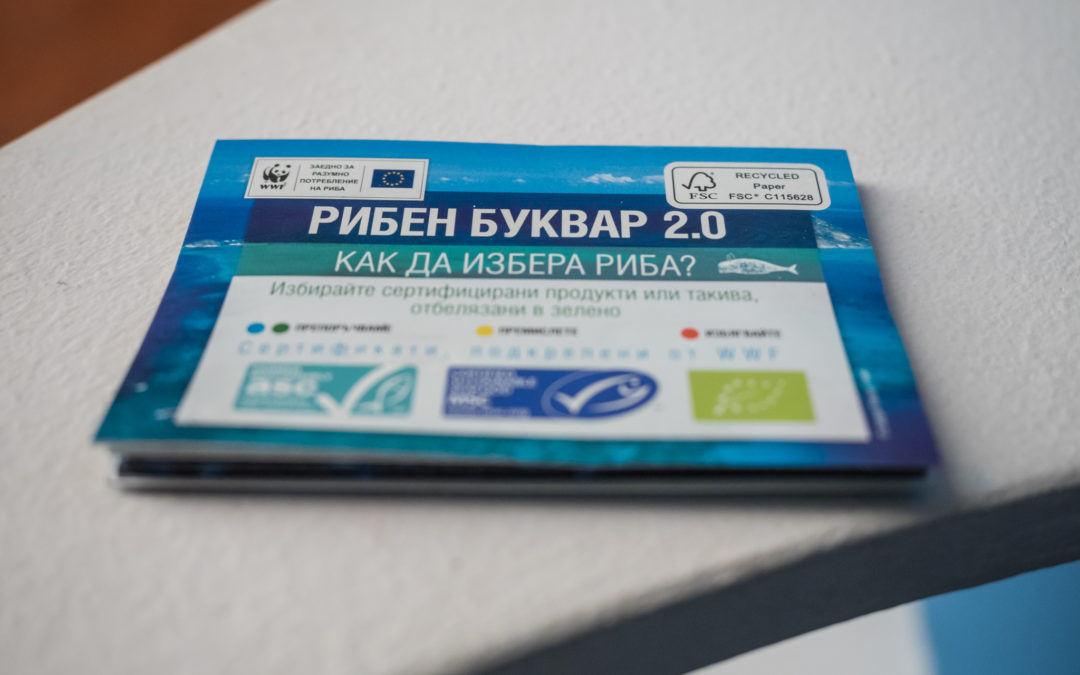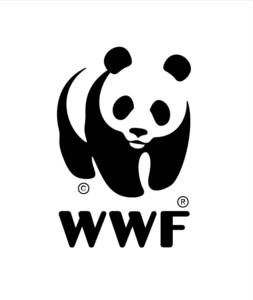Sofia – On the Black Sea’s International Day 2016, Bulgarian consumers and fish traders were equipped with a new ‘Seafood Guide’ enabling them to make informed choices about the fish products they buy. The launching event took place in the National palace of Culture. More than a hundred journalists, culinary bloggers and friends of WWF Bulgaria attended it. They received the printed version of the Seafood Guide – a small book, product of big scientific research. It gives important information in a consumer-friendly way and is very compact – it has the size of a credit card so that customers can have it in their wallet anytime they go shopping. WWF-Bulgaria’s initiative aims to increase business and consumer awareness through interactive guidance and useful tips on how to contribute to a more responsible global economy for humans and nature by consciously choosing certificated seafood products.
“For 40 years fish stocks used for food dropped almost twice globally. This is straining both nature and food security of mankind,” said Veselina Kavrakova, WWF-Bulgaria Country Manager. The global demand continues to increase, but the ocean and sea resources are finite. At the moment we are pulling 2-3 times more fish out of the water with nets, lines and rods, than our oceans can sustainably provide. Today over 90% of fish stocks are already overfished or fully fished and this is causing both global ecological and social consequences.
Together business and consumers can make a positive change in the fish market
Without responsible and sustainable buying decisions, fish consumption will continue to have negative effects on the preservation of fish stocks, their habitat and on people – especially in developing countries. Fish provides the daily protein requirement for 3 billion people globally and secures an income for about 800 million people who are involved in the fishing or fish production and related industries.
‘Seafood Guide’ (in Bulgarian) presents in an interactive way where the fish we all consume is coming from, what is overfishing, how to choose the fish we buy and which are the certificates ensuring sustainable consumption. From a traditional fish dish in your kitchen to the fish menu at a restaurant or even sushi: we are all consuming fish in our diets and each of us has an influence over the production methods of fisheries and aquaculture.
EU is the main importer of fish and seafood in the world
At 23% the EU is the main importer of fish and seafood in the world. Half of this comes from developing countries and fishing and fish farming have direct effects on poverty alleviation and food security. European consumers are empowered to contribute to solving the problem. Through our responsible consumer behaviour and sustainable fish and seafood, we directly influence decisions made by the retail sector for a sustainable fish product range.
















